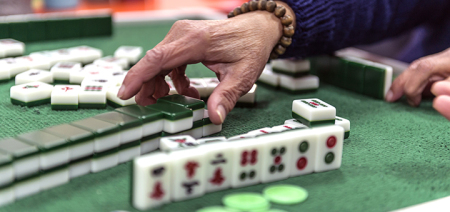Drawbacks Of 'baby Talk'
Published:
May 23rd, 2014
By Rachel Ballin, Evening Sun contributor
Recently, I had a friend comment on the exquisite verbal skills of my middle wee one. She’s nineteen months old and is my little parrot. She practically narrates her day from the moment she wakes until bedtime. I, of course, had a proud Momma moment and said, “Thank you!”
In an effort to support all emerging language skills let me tell you about one of my biggest baby pet peeves – Baby Talk! Gone should be the days of “goo-goo” and adding an ‘ing’ or cutesy ‘ie’ to the end of every word. But let’s be honest, we’re all guilty of this way of speech as soon as you see those little chubby cheekers! Really though, babies are really just miniaturized people. They are little sponges capable of learning about and exploring their world. They just need you to be their tour guide.
Let’s start small; what does a newborn do all day? My five year old will tell you they’re boring. All they do is eat, sleep and get their diapers changed. This is primarily true; trust me he has been through two little sisters’ newborn phases, he’s a pro. Really at this time, besides the basics, babies are also forging relationships with their caregiver. They’re learning to trust that you will meet all of their needs. They will love little experiences like the sounds of your voice and soft music; all styles. Some babies even like a good polka; mine did with an Irish jig on the side. I have always tried to talk to my babies as much as possible. It's even the little things like telling them what you are doing, when you are doing it. Asking them questions and giving them choices. No they will not respond per say, but they will love hearing your voice and eventually in the weeks/months to follow, they will begin to coo back. By hearing the voices around them, you may not realize, but this is how the foundation for their later speech develops. So narrate your day to your little one, as my husband always says, “It’s your story!” So I say “tell it!”
Once your newborn is a few months older and able to focus on closer objects break out the books, newspapers and magazines! Board books and picture books are filled with all kinds of imaginative stories and illustrations. They can also be extremely practical images of everyday objects/people/places around them. If money is tight, start a book sharing program with friends with children or have an adventure and visit your local library. Every library in the county has a children’s section and friendly staff ready to help you and your child’s literary skills grow. Take this outing as yet another opportunity for your child to interact with their world. Most libraries also provide story times or regular weekly activities that are generally free of charge.
The bottom line is – talk to your munchkin but leave the cutesy on the hospital floor or reserved for the grandparents in their lives. By talking to your child you are strengthening your bond and fostering their ability to develop their language skills for the future.
Mothers (or parents in general) with questions for Rachel can contact her at rachel.ballin@icloud.com.
Comments







